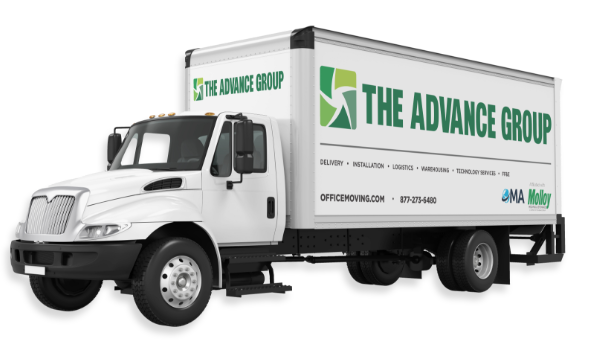Commercial Storage Solutions: Bridging the Gap During Relocations

Commercial relocations rarely follow perfect timelines. Lease agreements may not align, renovations might run over schedule, or downsizing may require gradual transitions. Commercial storage solutions provide the flexibility businesses need to manage these complexities while maintaining operations and protecting valuable assets. Strategic storage planning transforms potential relocation obstacles into manageable logistics. Whether you need temporary space during a phased move or long-term solutions for excess inventory, understanding storage options helps ensure your business continues running smoothly throughout the transition.
Understanding Commercial Storage Needs
Commercial storage requirements differ significantly from residential needs. Businesses must consider inventory value, access frequency, security requirements, and climate control needs. Office furniture might tolerate standard warehouse conditions, while electronics, documents, and specialized equipment require controlled environments. Access patterns also matter. Seasonal inventory might need occasional retrieval, while office supplies may require frequent access. Security considerations include both theft protection and compliance requirements for financial records, client files, and proprietary materials.
Short-Term Storage for Seamless Transitions
Short-term storage serves as a bridge when move-out and move-in dates don’t align perfectly. Rather than rushing into inadequate spaces or paying for overlapping leases, temporary storage provides flexibility to optimize timing and reduce stress. Furniture and equipment storage allows businesses to clear old spaces completely while taking time to design optimal layouts in new locations. Document and file storage ensures critical business information remains secure and accessible during transitions.
Phased Relocation Strategies
Large organizations often benefit from phased relocations that move departments incrementally. Storage facilities can house furniture and equipment for later phases while keeping current operations undisturbed. This approach allows businesses to maintain customer service levels throughout the relocation process. Essential functions continue operating while non-critical departments transition first, reducing overall business disruption and enabling real-time problem solving.
Long-Term Storage for Business Optimization
Some businesses discover that permanent storage solutions enhance operations beyond relocation needs. Excess inventory, seasonal items, or archived materials may cost less to store externally than to house in expensive commercial real estate. Off-site storage can free up valuable square footage for revenue-generating activities. Professional storage services often provide better security, climate control, and organization systems than businesses can maintain internally.
Specialized Storage Requirements
Different business types require specialized considerations. Medical practices need climate-controlled environments for equipment and secure areas for patient records. Manufacturing companies may require hazardous material storage meeting specific regulatory requirements. Technology equipment needs anti-static environments and precise climate control. Food service businesses need refrigerated options, while pharmaceutical companies require validated temperature monitoring systems ensuring FDA compliance.
Integration with Moving Services
The most effective storage solutions integrate seamlessly with professional moving services. Coordination between moving teams and storage facilities eliminates double handling, reduces labor costs, and minimizes potential damage. Professional movers understand how to prepare items for storage, including proper wrapping, labeling, and organization systems that facilitate easy retrieval. Modern storage facilities offer sophisticated inventory management systems with barcode scanning and cloud-based databases, enabling real-time access.
Cost-Effective Storage Strategies
Storage costs can be optimized through strategic planning and space utilization. Professional packing maximizes storage density, reducing required space and monthly expenses. Seasonal adjustments allow businesses to modify storage space based on changing needs. Understanding storage contracts helps avoid unnecessary fees and ensures flexibility for changing business requirements.
Security and Insurance Considerations
Commercial storage requires robust security measures appropriate for business asset values. Access controls, surveillance systems, and alarm monitoring provide multiple layers of protection for valuable stored materials. Insurance coverage should extend to stored items, and businesses should understand the difference between facility coverage and independent arrangements. Documentation of stored items supports insurance claims if damage or loss occurs.
Storage Success for Your Business
Commercial storage solutions provide the flexibility and security businesses need to navigate complex relocations successfully. Whether you need short-term bridging space or long-term optimization solutions, strategic storage planning protects your assets while maintaining operational continuity. Ready to explore storage solutions that support your commercial relocation? Contact our team to develop a storage strategy that meets your specific business needs and timeline requirements.








